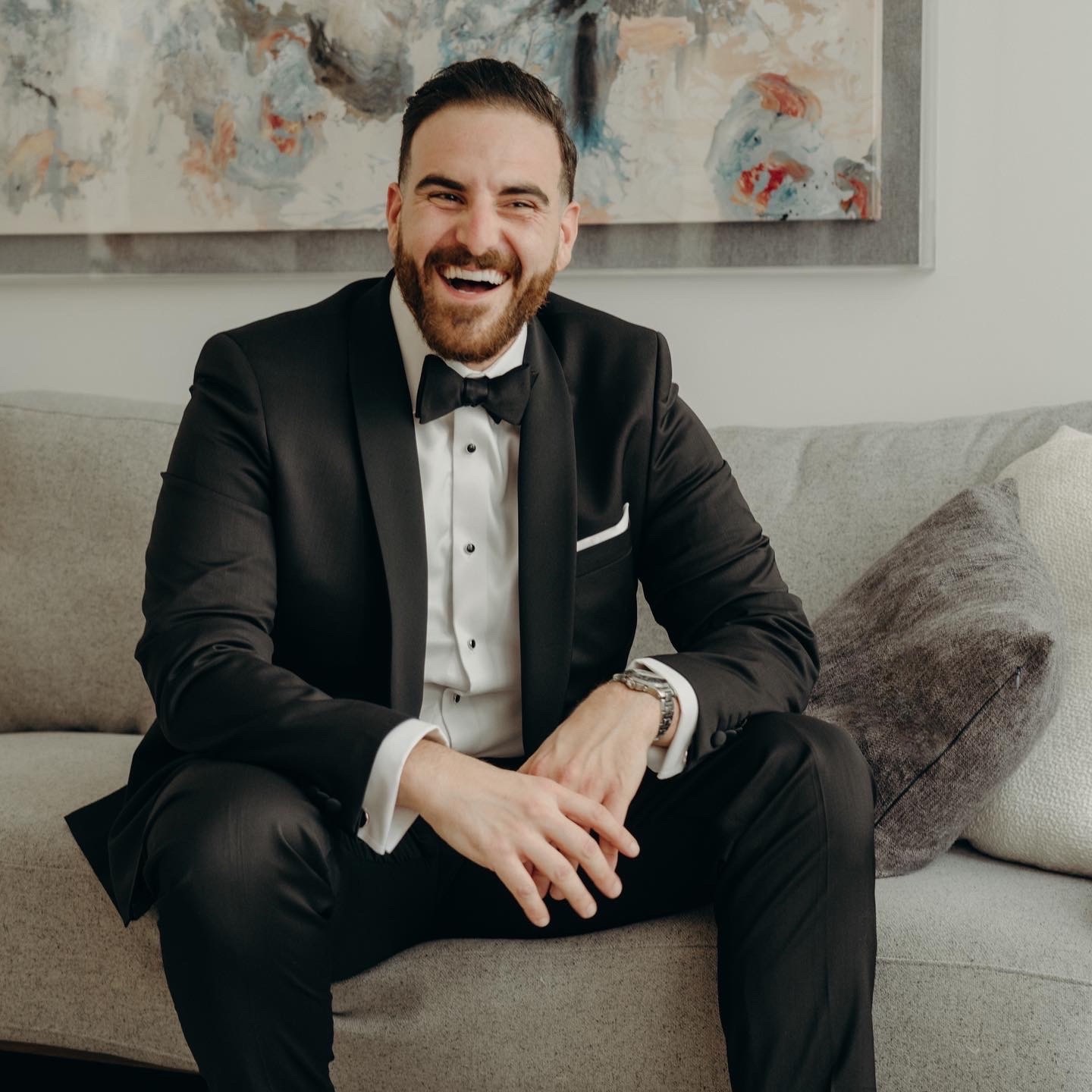Everybody talks about the down payment.
It’s the chunk of money that quietly eats the rest of your savings that people forget about: closing costs.
If you’re buying in Ottawa, here’s how they really work and when each one comes due, in plain English.
What are closing costs?
Closing costs are the one‑time fees you pay to actually complete the purchase. The Government of Canada puts it simply: they’re separate from your down payment and usually add up to about 1.5%–4% of the purchase price.
Check their overview here:
Buying a home – Government of Canada
In Ontario, the big ones usually are:
Land Transfer Tax (LTT)
Legal fees and disbursements
Title insurance and title search
Home inspection (and any extra specialized inspections)
Appraisal (if your lender requires it)
Adjustments for taxes, condo fees, etc.
When are closing costs due?
Most of your closing costs are handled right at closing through your lawyer’s trust account. Here’s how the timing usually breaks down:
Before closing:
Home inspection – you pay the inspector directly when it’s done
Any special inspections (sewer scope, well/septic tests, WETT, etc.)
Sometimes an appraisal if the lender orders one outside normal processing
On closing day (through your lawyer):
Land Transfer Tax – a one‑time provincial tax paid when the property is registered in your name
Rates and examples: Land Transfer Tax – Ontario
Legal fees and disbursements
Title insurance (if you and your lawyer choose to use it)
FSRA has a good explainer: Understanding title insurance – FSRA
Adjustments – your share of any pre‑paid property taxes, condo fees, or fuel
Your lawyer wraps all of this into a statement, and you bring (or wire) one lump sum: remaining down payment + closing costs.
How I prep clients so this doesn’t sting
When we first talk numbers, I don’t just ask, “How much do you have for a down payment?” I ask:
“How much do you have for down payment?”
“How much do you have for closing costs?”
“What’s left as a buffer after that?”
Then we:
Estimate land transfer tax at your target price
Add a realistic range for legal + title
Layer in inspection and likely adjustments
Make sure you still have an emergency fund afterward
Questions I answer all the time
How much should I budget for closing costs in Ottawa?
Most buyers I work with are safe in the 2%–3.5% range of the purchase price, depending on price point and property type.
Do I pay closing costs in cash or can they go on the mortgage?
Assume cash. Lenders want to see that you can cover them. Planning as if none can be rolled in keeps you safe.
Does every buyer pay land transfer tax in Ontario?
Yes, but first‑time buyers may qualify for a refund on some or all of it. We calculate that before you even write an offer.
Charles’ take: closing costs are only “hidden” if your agent doesn’t walk you through them. With me, you know the numbers up front, so closing day feels like a win, not a bill.
Next step: tell me your target price range and I’ll send you a one‑page estimate: down payment, closing costs, and how much I’d want you to keep as a safety cushion at that level.



Comments:
Post Your Comment: